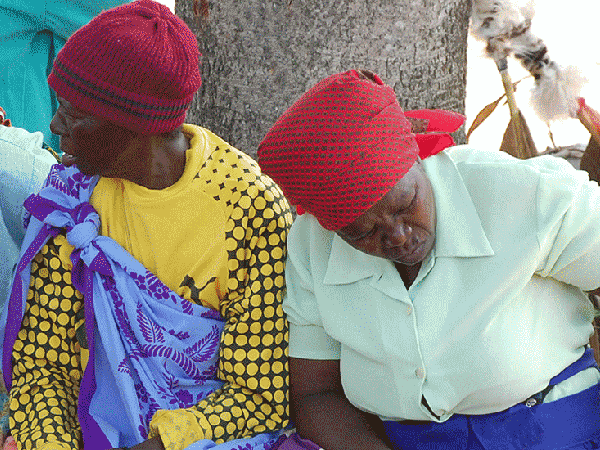A recent study based on data from the project “Health and Aging in Africa: a Longitudinal Study of an INDEPTH Community in South Africa” (HAALSI) suggests that social capital theory (the concept that the higher socioeconomic status of your contacts can have positive health impacts as they are a type of interpersonal resource) applies not only in higher-income settings, but in a more resource-limited, rural setting in South Africa as well. The study, which utilized literacy as the measure of status, reveals that gender and network size factor in to the results; women, unemployed, and those with smaller social networks were found to benefit the most by having access to these higher-status contacts.
A closer look at the impact of social networks on well-being among an aging South African population
